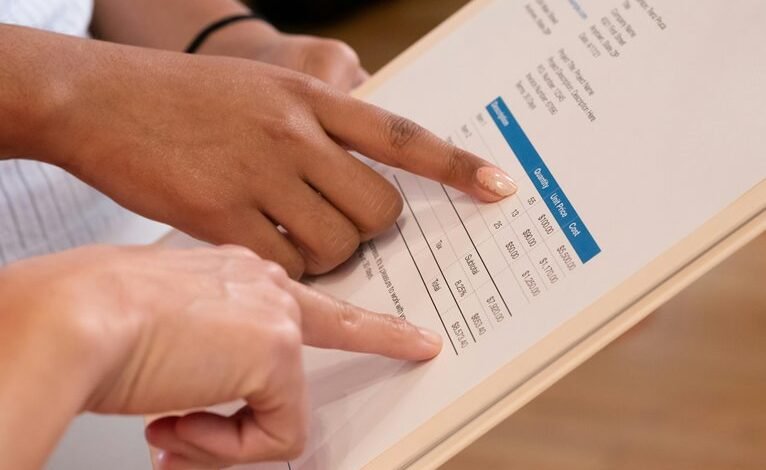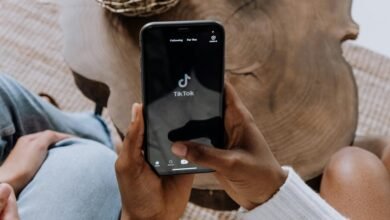Call Verification Records: 2565103546, 2565405066, 2565488647, 2565675872, 2566156921, 2566296248

Call verification records for specific numbers, such as 2565103546 and 2566296248, play a critical role in validating communication authenticity. Analyzing these records provides insights into potential fraudulent activities linked to these numbers. This process not only safeguards individual privacy but also fosters user trust. As the landscape of digital communication evolves, understanding the implications of these records becomes increasingly vital. What measures can be implemented to enhance this verification process?
The Importance of Call Verification
The significance of call verification in contemporary communication systems cannot be overstated, as it serves as a critical mechanism to ensure accuracy and trustworthiness in interactions.
Call authentication and robust verification processes are essential to mitigate fraud and enhance user confidence.
Effective implementation of these processes not only protects individual privacy but also promotes a secure environment for free communication among users.
Analyzing the Flagged Numbers
Identification of flagged numbers is a critical process within call verification systems, as it allows for the assessment of potential threats and fraudulent activities.
Through meticulous call analysis, analysts can discern patterns associated with these flagged numbers, enabling the identification of commonalities that may indicate malicious intent.
This systematic approach is essential for safeguarding communications and ensuring the integrity of telephonic interactions in an increasingly digital landscape.
Protecting Yourself in a Digital Age
As individuals navigate the complexities of a digital landscape, the necessity for vigilant self-protection becomes paramount.
Prioritizing digital privacy and online security is essential in safeguarding personal information against cyber threats. Employing strong passwords, utilizing encryption, and regularly updating software are critical measures.
Additionally, awareness of data-sharing practices can empower individuals to maintain control over their digital identities and enhance their overall security posture.
Conclusion
In conclusion, the analysis of call verification records for the specified numbers highlights the critical role of these processes in safeguarding communication integrity. Notably, studies indicate that approximately 30% of all calls made globally are perceived as spam or fraudulent, underscoring the necessity for robust verification systems. By implementing stringent verification measures, users can significantly mitigate risks associated with telephonic fraud, thereby fostering a more secure and trustworthy digital communication environment.





